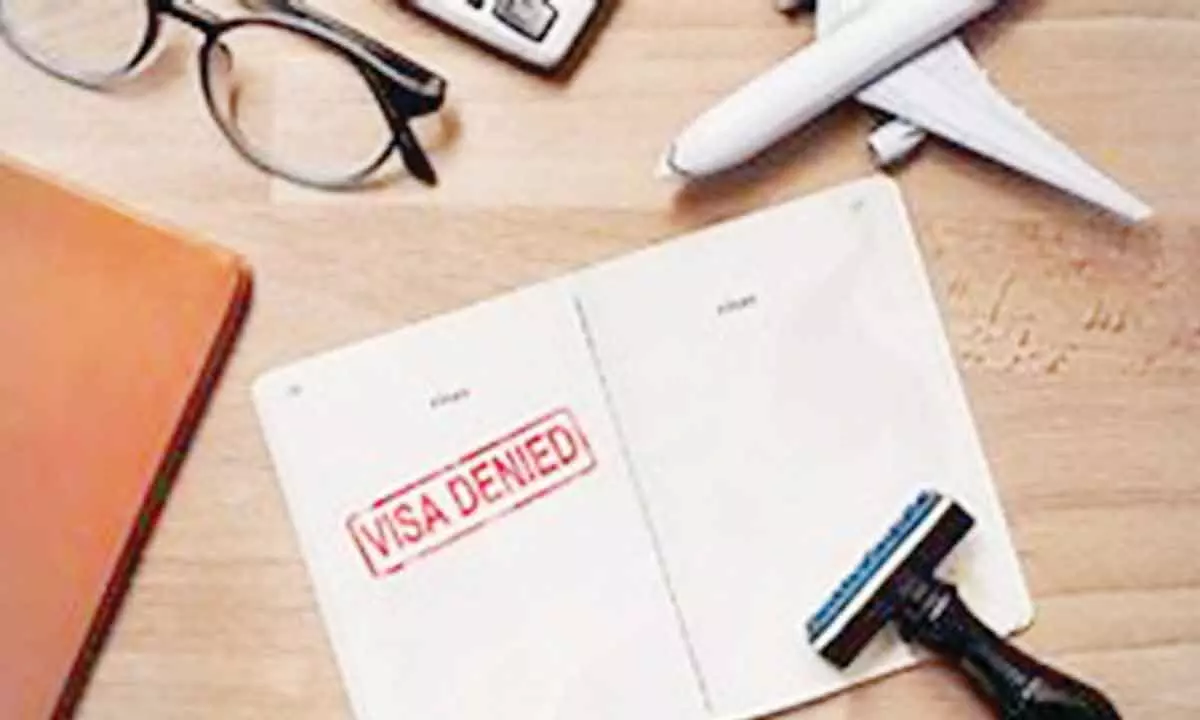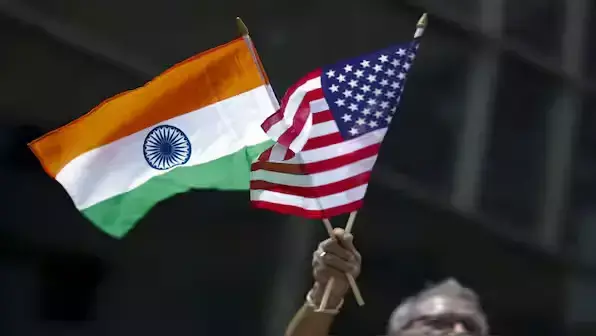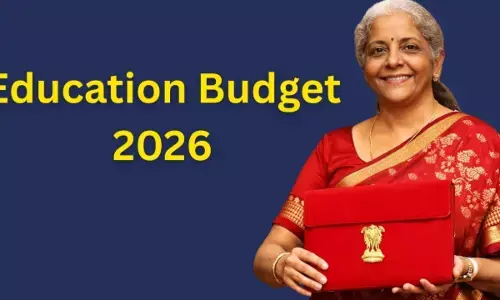Reasons why student visas get rejected

As an applicant, you must understand there is a difference between getting an offer letter from a university and receiving a study visa
Studying at a foreign university can be a life-changing experience. It improves your career options, enhances your professional network while you experience cultural diversity and inclusion. The benefits of foreign education are above and beyond. However, earning an international degree isn't a piece of cake.
There are many things that potential student visa applicants do to get their visa stamped in the first go. A student visa is the most important document you will need to study in a foreign institution. The visa stamping takes place after you receive an offer letter from your selected university in your chosen country. The visa application explains possible reasons for studying in a particular country.
As an applicant, you must understand there is a difference between getting an offer letter from a university and receiving a study visa. In a university application, you need to explain why you wish to pursue a specific course in a particular college. At the same time, a student visa requires you to define your motives and desires to study in a particular country.
Applying for a student visa may look like a straightforward affair. But it can be a bit tricky sometimes. Every year, thousands of student visa applications are rejected due to simple, careless errors. If you want to improve your chances of being selected, here are some common mistakes you can avoid:
Incomplete application or documents
While applying for a study visa, it is highly critical for you to fill out each section of the application form correctly. The information you provide should be correct, complete, and authentic. Do not leave any section blank.
Read every instruction carefully before entering any information, as what may apply to someone may not apply to you. Failure to provide the correct information may lead to visa refusal. Also, avoid spelling errors or anything that mismatches your documents.
Insufficient research
It is surprising to see how students fail to do enough research on their chosen college, course, and country. Some of them do not have sufficient knowledge about university campus locations. Providing vague answers to these questions during interviews is also a significant reason for denial. Students must prepare themselves to at least tell the interviewer about the basics of the university, course, and career options they can go with, tuition fees, etc. They must demonstrate that they have done their homework before applying for the visa.
Absence of sufficient funding
The student visa candidate must be able to pay the fees for the first academic year. The applicant must also demonstrate that they can manage their finances and pay for the basic expenses in the country. You will need to submit valid financial documents with the required funds to pay for the costs - bringing a bank statement showing a transfer of a considerable amount before the visa submission will raise doubts on the source and whether the funds are for education only.
Parent-sponsors holding poorly paid job positions may also raise skepticism. Ensure your financial record is clean and clear enough to get you the visa.
Missing documents
Some students do not submit or bring needed documents, such as IELTS, TOEFL, GRE results, scholarship confirmation, or bank statements of the sponsor. This mistake can be hazardous and may end you up on the wrong side of the visa decision. Although these situations often lead to temporary refusals, sometimes the consulate can be very strict and less forgiving of these silly mistakes.
Documents not adhering to visa standards
It is important, to be honest in what you present and speak. Telling the whole truth about you, your intentions to study in your chosen country, and the job opportunities you expect at the end of your studies are crucial. You must also say whether you intend to stay or return to your home country.
If you provide incorrect information (intentionally or unintentionally), irrespective of whether it impacts your application, you not only take the risk of rejection, but you could also lose the chance to re-appeal for the same.
Immigration history
Believe it or not, your immigration history is critical to your student visa application. If in any way, your documents show immigration violations in any country, it could harm your visa application. Visa officers assess each application based on credibility and genuineness; bad immigration history is a red flag.
Failure to apply in time
Applicants must know the start and end date of application submission. A late application leads to direct rejection. Early applicants have a high chance of acceptance. The visa officers have many applications to review; thus, late submissions are more likely to end in denial.
Divided focus
Students applying for a student visa must be clear about their intentions to study in a country. They should have some future goals and visions related to their field of study. Students who sound confused or fail to provide adequate information regarding their career aspirations have higher chances of rejection.
















